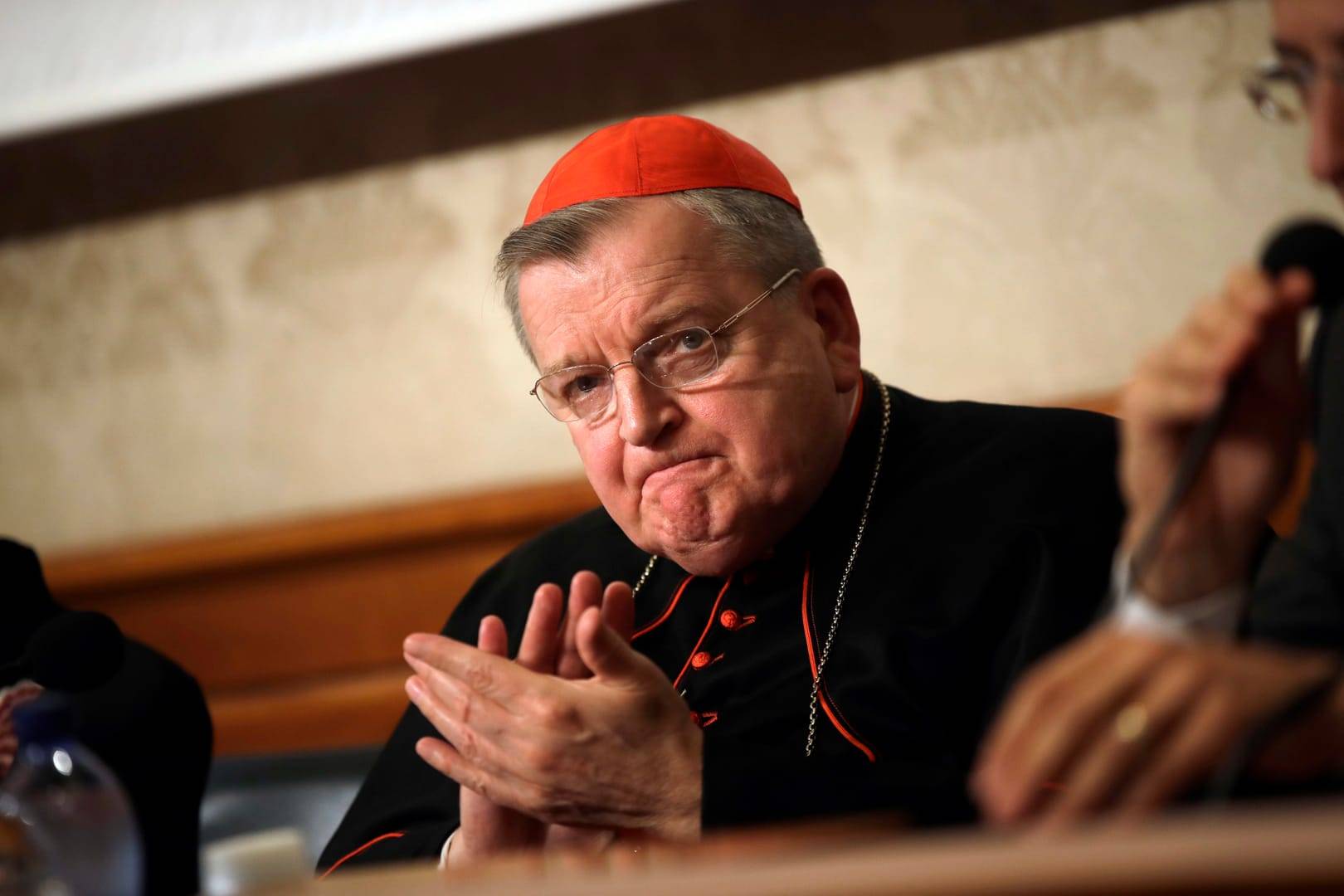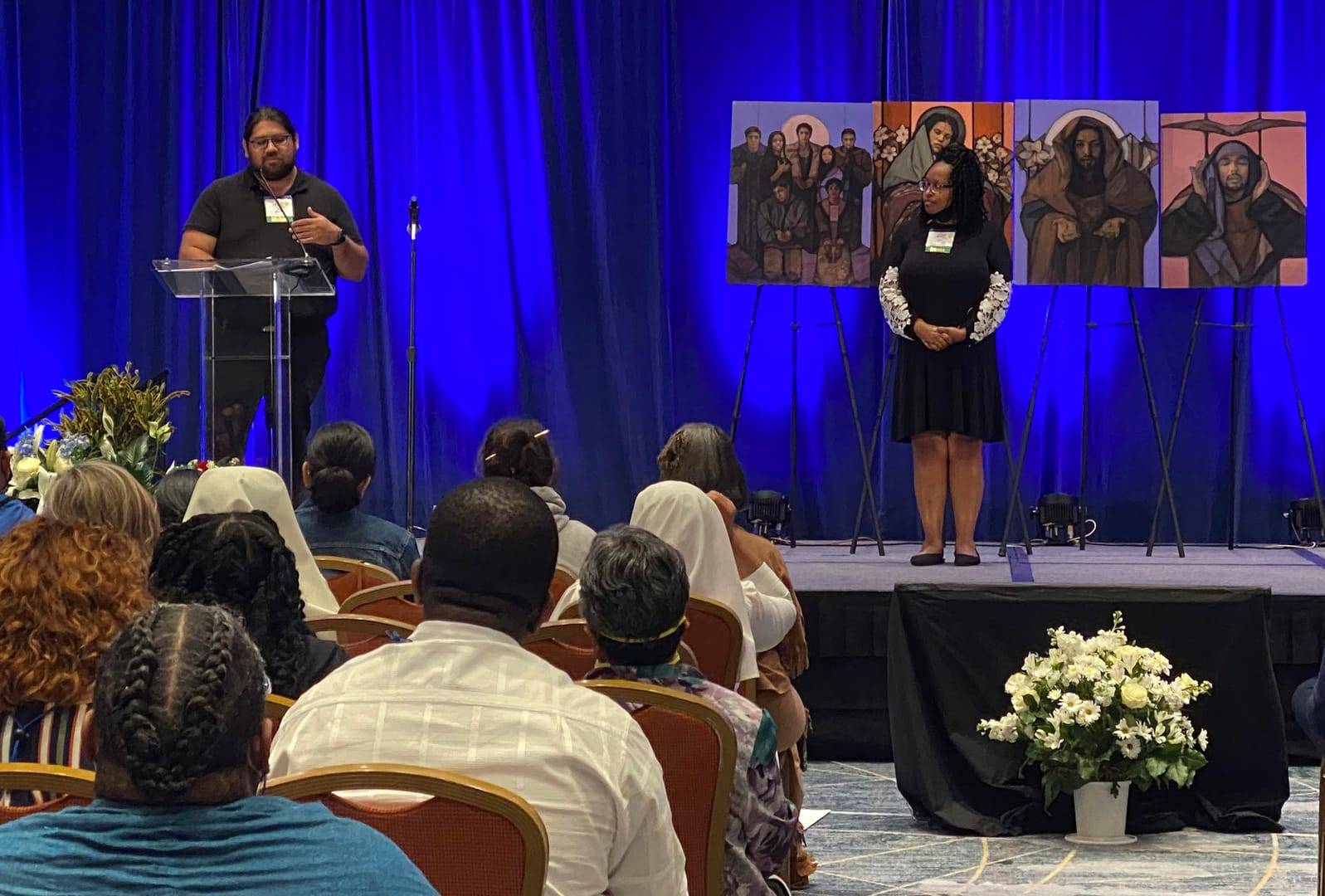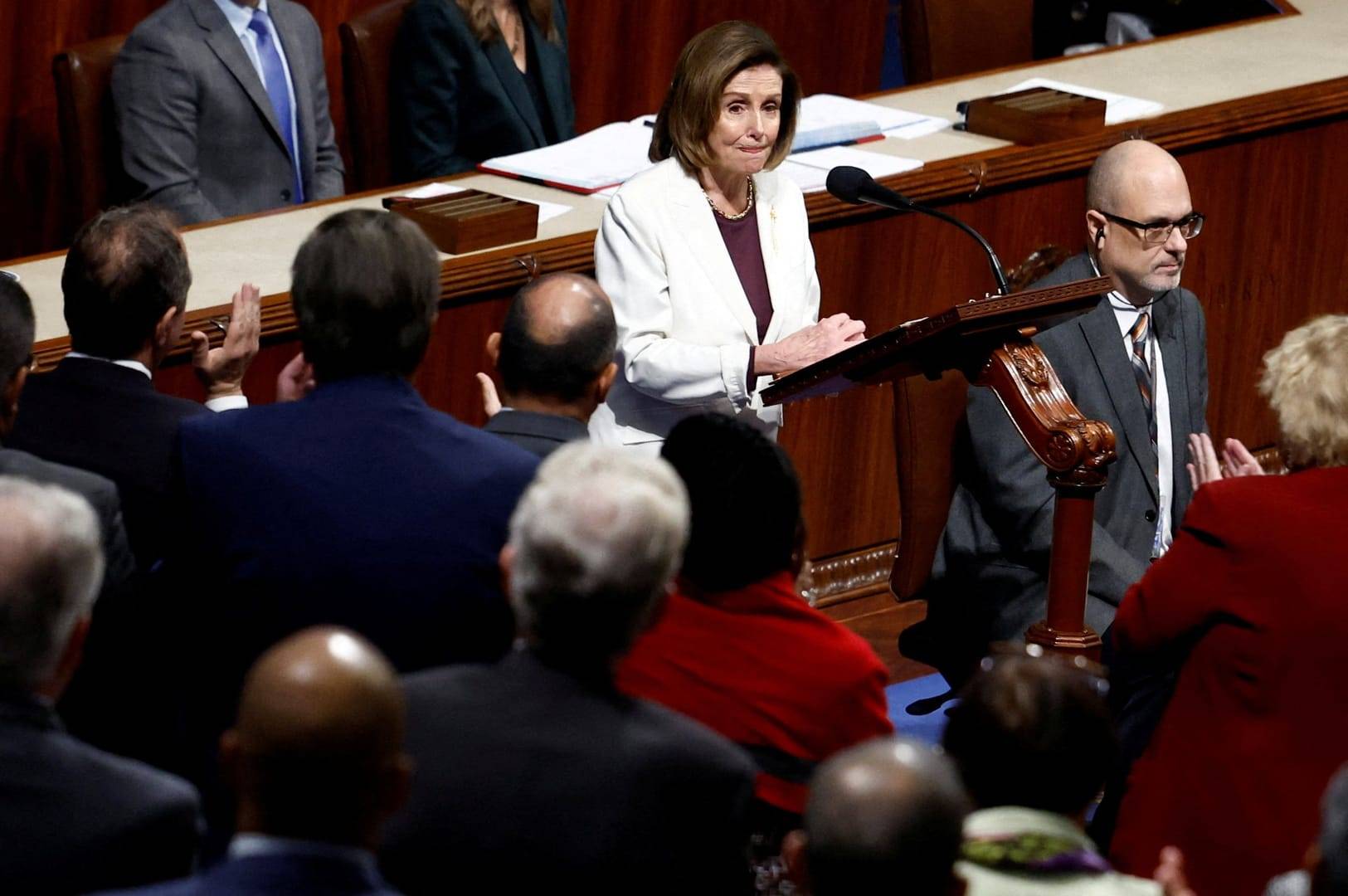LIMA, Peru — Cardinal designate Pedro Barreto Jimeno once faced death threats for speaking out about pollution from a smelter that threatened the health of people living high in the Andes Mountains.
Now he is known as a leading voice echoing Pope Francis’s call to care for “our common home,” especially in the Pan-Amazonian Church Network, known by its Spanish acronym as REPAM.
“He will be a cardinal who will be a guide in the area of integral ecology, because he lived it before Laudato Si’,” Francis’s encyclical “on care for our common home,” said Mauricio Lopez, executive secretary of REPAM. “He was not afraid to risk his life at times when he had to denounce and oppose powerful interests on issues related to mining companies, making an option for the environment and the people.”
Francis announced May 20 that the Peruvian would be one of 14 new cardinals elevated June 29.
Born in Lima in 1944, Barreto entered the Jesuits in 1961, later studying in Spain and in Lima and Cusco, Peru.
Ordained in 1971, he headed Jesuit communities or ministries in the southern coastal cities of Tacna and Moquegua and in Ayacucho, in the southern highlands. But he said he found his true calling in 2002, when he became the vicar, and later bishop, of the Apostolic Vicariate of Jaen, in Peru’s northern Amazonian region, an area with a largely indigenous population.
“I discovered my vocation listening to our (indigenous) Wampis brothers and sisters,” Barreto told Catholic News Service. “I thought I would spend my life there.”
Just two-and-a-half years later, however, he was consecrated archbishop of Huancayo, a commercial city in the Mantaro Valley in the central Andes Mountains, an area known as Peru’s breadbasket.
There he found himself thrust into a bitter conflict over a smelter and refinery complex in the nearby town of La Oroya, where pollution had stripped hillsides bare of vegetation and left scores of children with dangerously high levels of lead in their blood.
“He had been in Jaen before, where everything was green. Traveling through La Oroya and seeing the barren landscape had an impact on him,” recalled Paula Meza of the Peruvian bishops’ Social Action Commission. Meza worked with Barreto in Huancayo.
The prelate actively supported an environmental health coalition that included the La Oroya parish, the Protestant Joining Hands Network and several nonprofit organizations. He schooled himself in technical details. He also insisted on scientific studies of air, water and soil quality along the Mantaro River, which flows through Huancayo and La Oroya and was greenish-gray from pollution.
“He learned and he taught,” Meza said. “I was born in Huancayo, but I had never asked why the river was that color. He said, ‘Why have you gotten used to seeing the river like that? The river is dead.'”
Barreto’s call for a healthy environment for the smelter workers and people living around the plant led to confrontations with government officials and managers of U.S.-based Doe Run Peru, which owned the complex.
During one local protest in favor of the smelter and against the environmental health coalition, demonstrators carried a coffin with his name on it.
“The people knew that the smelter affected the life and health of the workers and the entire population,” Barreto said. “Nevertheless, because of their poverty, it didn’t matter to them if they continued to be surrounded by that pollution as long as they could earn some money.”
For Meza, the cardinal-designate’s commitment to communities affected by environmental problems in Peru marked a turning point. While some parishes and dioceses had been active in individual cases before, he broadened the Church’s commitment to environmental issues when he became president of the bishops’ Social Action Commission in 2006 and president of the Justice and Solidarity Department of the Latin American bishops’ council, CELAM, in 2011.
At the Fifth General Conference of Bishops of Latin America and the Caribbean in Aparecida, Brazil, in 2007, Barreto participated in discussions about environmental and indigenous issues, and he was impressed by “the courage and prophetic clarity of the bishops there,” Lopez said, “especially the Brazilian bishops (who) fought tirelessly to make the Amazon a major priority.”
Sections on environmental and indigenous issues were included in the final conference document, and Francis — who as cardinal of Buenos Aires at the time led the commission that drafted the document — referred to them frequently in his encyclical, Laudato Si’.
In cities like Lima, “we don’t realize the importance of the (Amazonian) region, which is not only rich in biodiversity, but also in cultures,” the cardinal-designate said. The discussions at Aparecida showed him that the importance of those issues “was not just my own intuition,” he added.
That commitment led to a proposal for a Church network spanning the nine Amazonian countries. The idea, which became REPAM, grew out of a 2013 meeting of Ecuador’s Amazonian bishops and Church workers, in which Brazilian Cardinal Claudio Hummes and Barreto participated.
Francis had been elected just a month before the Ecuador meeting, and Lopez recalled that Barreto predicted the new pope’s support for the Amazonian Church workers’ concerns.
“He said, ‘Expect things that you never expected, expect profound changes,'” Lopez said.
One of those unexpected things was the pope’s encounter with indigenous Amazonian people from Bolivia, Brazil and Peru during his visit to Peru in January. There, he called for “a Church with an Amazonian face.”
Although only 3 million of the Amazon region’s 40 million people are indigenous, they represent a multitude of cultures and languages, Barreto told CNS.
A Church with an “Amazonian face” must have a profound respect for both cultural and biological diversity, making itself a home for “all the peoples of the world and all the languages,” he says. “The Amazon is a source of life in the heart of the Church.”
Barreto’s longstanding commitment to care for “our common home,” as described in Laudato Si’, was probably a strong factor in Francis’s decision to make him a cardinal, Lopez said.
If the encyclical’s contribution to Church teaching is to “have meaning in the future, it needs people who will promote it and devote their lives to it,” Lopez said. Barreto has taken up that mission, “and the tools are his position as cardinal, the Synod for the Amazon (scheduled for 2019) and REPAM.”















